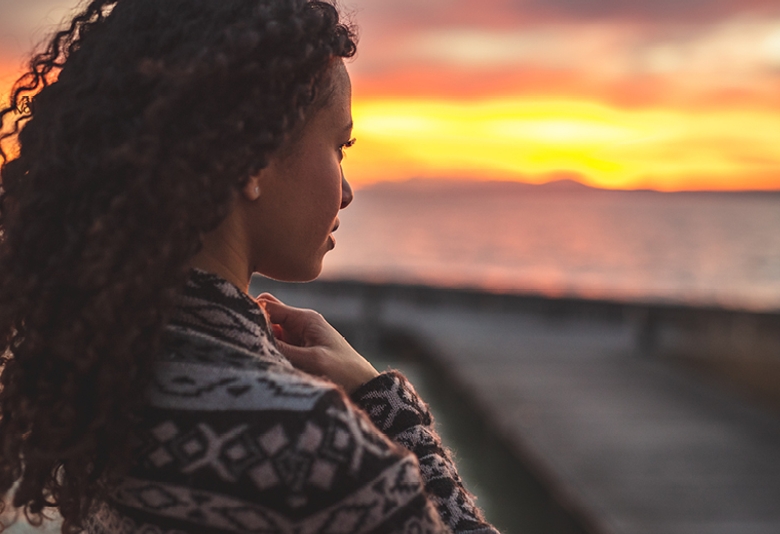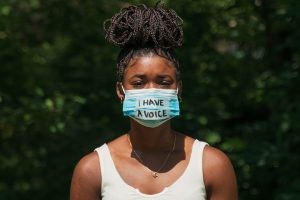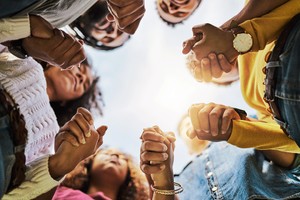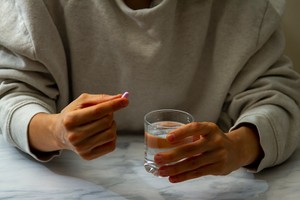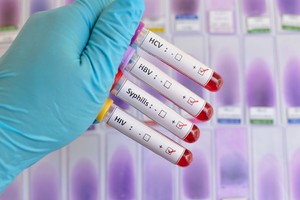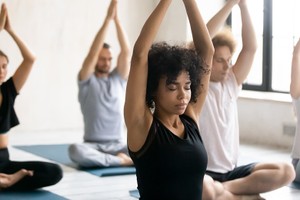The UN Women Global Database noted in Namibia, 26.2% of women had experienced intimate partner violence of a sexual nature, with 20.2% having experienced it within the last 12 months. This statistic, although shocking for many, is a reality for women across the globe, for a long time.
The protests that have arisen in Namibia are a direct manifestation of women saying enough is enough to gender-based violence. The strength and resilience of those on the streets has been in all sense of the word, admirable and a step, hopefully, in the right direction towards eradicating gender-based violence once and for all.
But, the fact of the matter is that the presence of a movement hardly ever stops the violence. While women fight for better lives, they are still faced with many harsh realities that will only see progress in years beyond today, if in their lifetime at all. The trauma and stress from gender-based violence can often leave us feeling scared and alone, with no idea how to move forward. And the consequences can often be beyond the trauma, especially when the violence comes in a sexual form. Many women find thesemlves not knowing what do after sexual violence; unwanted pregnancies and sexually transmitted infections are some of the issue that could arise.
In this blog, we hope to offer a toolkit of sorts, to help those who may find themselves in this situation.
Firstly, find someone to speak to
It is often a tactic of abusers to try and isolate their victims. Sexual violence, by virtue of its nature, can often breed shame in those who are subjected to it. Many may feel as though they cannot talk to anyone about it. Questions like how this could happen to me, how could I not have known, will I ever get out of this situation, all come to mind when our bodies have been violated. But speaking to someone can really go a long way in curtailing potential long term effects. In speaking about it, we also remove the control that abusers have over our lives by taking ownership of the narrative, and more importantly, taking care of our minds and bodies by reaching out for help when we needed.
Take a look at your contraceptive options
Many, if not most people who experience sexual violence, understandably do not want to be carrying a child of the person who inflicted violence on them. Unfortunately, sexual violence is more often than not, unprotected and this could present many challenges.
The emergency contraceptive pill, such as PostPil, can be used up to 5 days after you have had unprotected sex, and it can be used more than once in your lifetime.
The IUD is also an emergency contraceptive option that could be used and has the added benefit of being a long term option that could help you feel safer with your body.
Get tested
Another horrible aspect of sexual violence is not knowing who your abuser has had intercourse with. This can expose you to a myriad of infections.
If possible, visit one of your local healthcare centres to get a full range of tests. Many countries in Southern Africa will have local centres that offer free or subsidized testing. They will allow you to test for everything.
Should you find yourself seeking an abortion
Safe2choose.org offers a great service whereby you can speak to a trained counsellor to figure out your options.
In Namibia, abortion is legal on the basis of sexual violence. Speaking to the counsellor could help in getting clarity on how to make the best next steps moving forward.
The site also has all information on abortion options available and which will work best for you.
But most importantly, take care of yourself
In a world that often seems is against you, it is radical to take care of yourself. The fight to change the unfair systems will continue but we can begin the necessary work of healing now.
So do what makes you smile. Speak to those who care about you. And take however long you need to work through the emotions that will come along.
Do you have something to share? Leave your comments below, contact us on our social media platforms: Facebook, Instagram, Twitter, YouTube and TikTok, send us an email to info@findmymethod.org. For more information on contraception, visit findmymethod.org
About the author: Marie-Simone Kadurira is a Reproductive Health consultant in Southern Africa. She is also the founder of Vasikana Vedu. It is a non for profit organisation which combats period poverty in the region.
